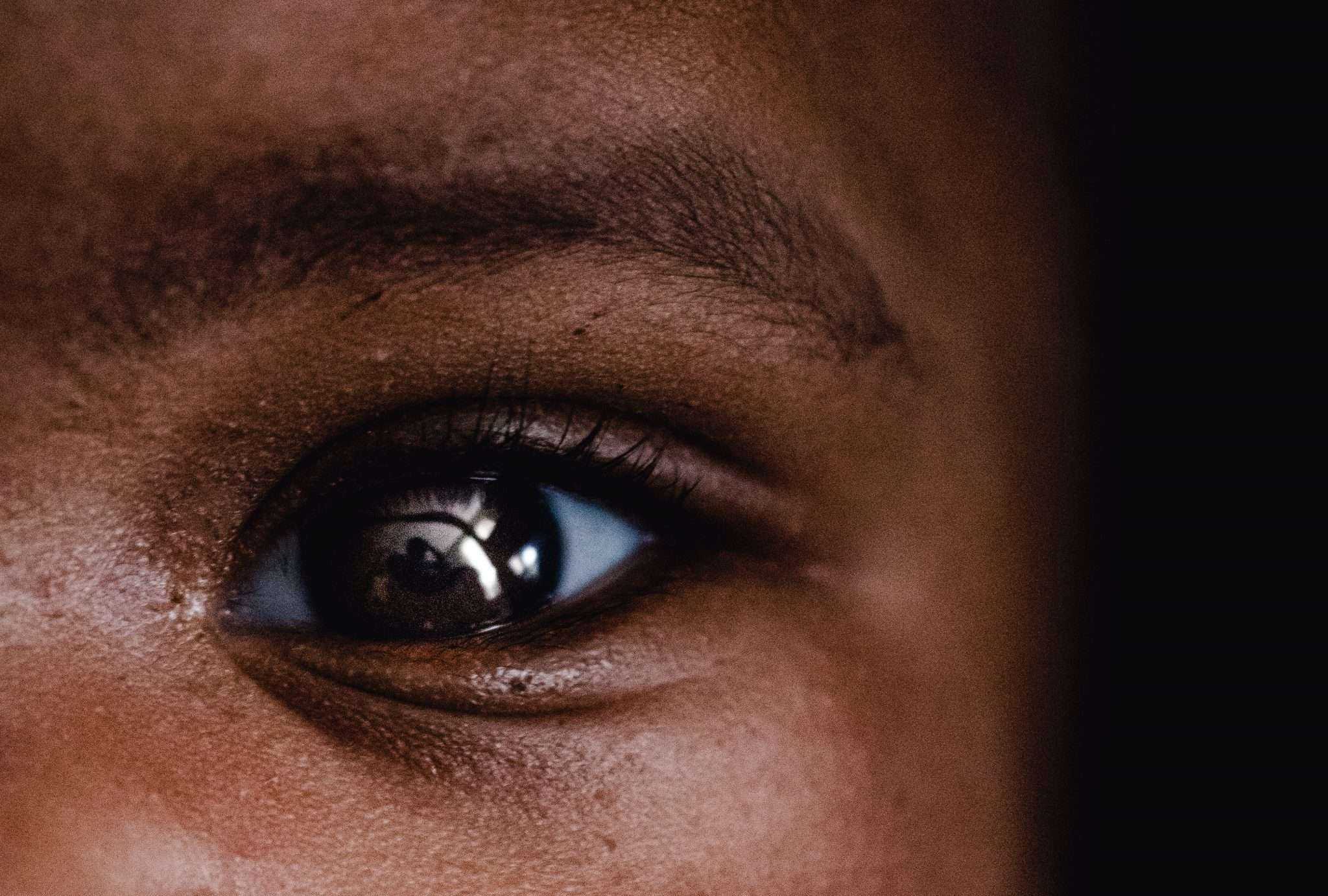BY PAUL JUNOR
There has been so much interesting data that has been released by the Centers for Disease Control and Prevention (CDC) on its weekly Vaccine Adverse Event Reporting System (VAERS). VAERS is the primary source of information that is authorized by the U.S federal government to report adverse vaccine reactions in America.
According to the website: vaers.hhs.gov, it is a national early warning system to detect possible safety problems in U.S licensed vaccines. It is co-managed by the CDC and the U.S Food and Drug Administration (FDA). The website notes it is a passive reporting system, meaning it relies on individuals to send in reports of their experiences to CDC and FDA. It was started in 1990 and is not designed to determine if a vaccine caused a health problem, but is especially useful for detecting unusual or unexpected patterns of adverse event reporting that might indicate a possible safety problem with a vaccine.
The primary objectives of VAERS are to:
- Detect new unusual or rare vaccine adverse events
- Monitor increases in known adverse events
- Identify potential risk factors for types of adverse events
- Assess the safety of newly licensed vaccines
- Determine and address possible reporting clusters
- Recognize persistent safe-use problems and administration errors
- Provide a national safety monitoring system that extends to the entire general population for response to public health emergencies such as a large-scale
- Pandemic influenza vaccination problem
It was on June 18th, 2022 that the CDC reported in a press release that CDC Director Rochelle P. Walensky accepted the Advisory Committee on Immunization Practices (ACIP) recommendation that all children six months through five years of age should receive a COVID-19 vaccine to better protect them from COVID-19.
An editorial in the British Medical Journal (BMJ) by Sonia Saxena, Helen Skirrow and Kate Wighton published on July 28th, 2022, revealed additional details. The editorial states that an estimated 25 children died from COVID-19 in the UK during the first year of the pandemic, of which 19 had significant medical issues or limiting health conditions. Overall, there was a low death rate for children under 12.
The media has reported on the overestimation of death among children by the CDC. On March 15th, 2022, they corrected the number of deaths reducing it by 70,000. It made the corrections due to its own rigorous quality control measures.
VAERS data from December 14th, 2020, to August 5th, 2022, for 6-month to 5-year-old show:
- 2,975 adverse events, including 140 cases rated as serious and five reported deaths
- Four reports of myocarditis and pericarditis (heart inflammation)
The CDC uses a narrowed case definition of “myocarditis” which excludes cases of cardiac arrest, ischemic strokes and death due to heart problems that occur before one has the chance to go to the emergency department
- 20 reports of blood clotting disorders
- 38 reports of seizures
Furthermore, Zachary Stieber reported for The Epoch Times on September 2nd, 2022 that “As of August 21st, 2022 996 non-serious reports have been entered into the VAERS for children four or younger who received a Pfizer vaccine, and children five or younger who received a Moderna vaccine (reported by Dr Tom Shimabukuro on September 1st).
Barbara Loe Fisher, co-founder, and president of the National Vaccine Information Center expressed concerns about why details of the serious events were not described.
He told Epoch Times in an email, “Those details should not have been left out of the information released by ACIP [Advisory Committee on Immunization Practices] and the public.”
There are concerns that the number of adverse cases reported to VAERS is not reflective of the real number in reality. Fisher states, “Even though not every adverse event reported to VAERS is causally related to vaccination, it is also true that one CDC-funded study estimated that less than one per cent of vaccine adverse events that occur are reported to VAERS.”

